Filter by
Awarded Projects (332)
RSS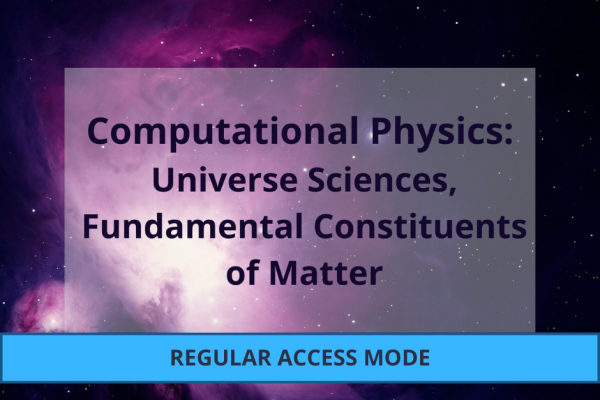
This proposal aims to disclose new properties of cosmic-ray transport in the Universe. A fast numerical method is used to describe the propagation of cosmic-rays in anisotropic magnetic turbulence.
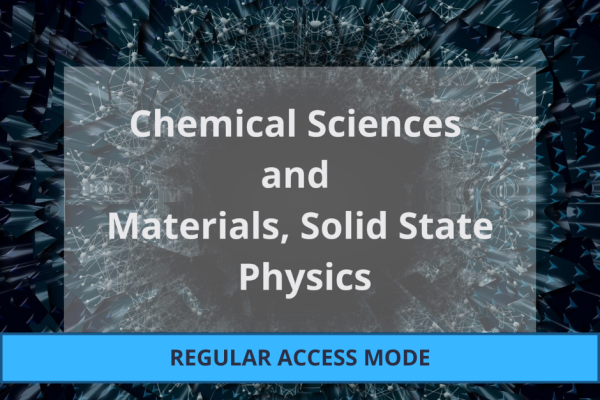
Polymers are ubiquitous in our society thanks to their durability, low manufacturing costs, and ability to be formulated into diverse materials.
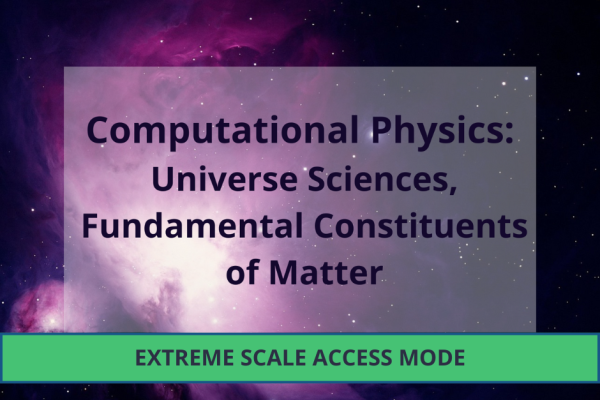
The main goal of the heavy ion program of many accelerator facilities (LHC, RHIC and the upcoming CBM/FAIR) is to create new phases of matter and explore their properties under extreme conditions.
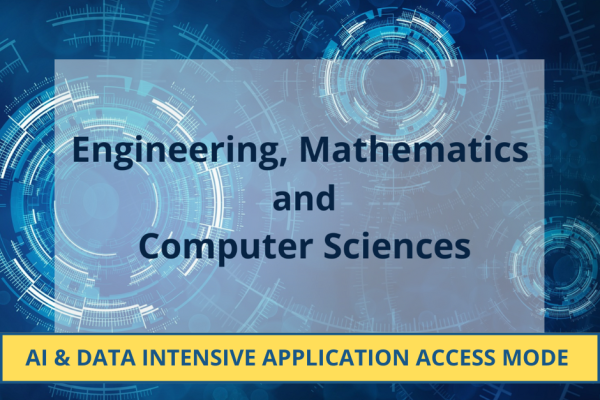
As Big Tech acquires the advanced hardware components necessary to build private, special-purpose computing clusters, this project advocates for a new approach to publicly supported computing power in general, and on LLM pre-training in particular, through cross-Facility Federated Learning (xFFL).
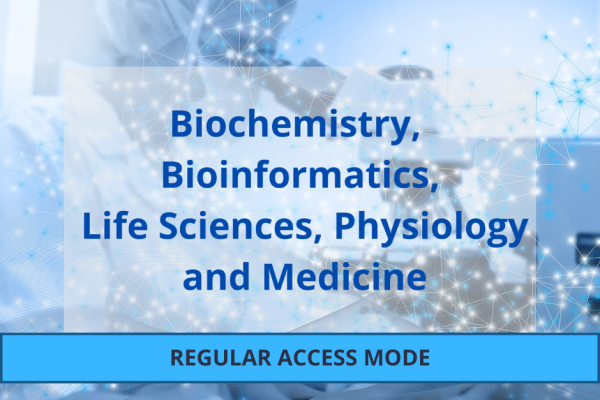
The resolution revolution has increasingly enabled single-particle cryo-EM reconstructions of previously inaccessible systems, including large membrane protein complexes that constitute a disproportionate share of drug targets.

RNA molecules span a great variety of biological functions, from genetic information storage to catalysis. This is possible thanks to the highly heterogeneous conformational ensembles that these molecules can adopt.
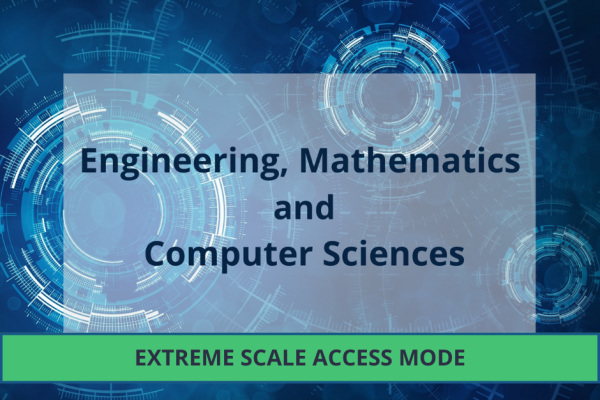
This project will use the computational resources of EuroHPC to perform a systematic study and scale up experiments to build LLMs for four European languages with few resources.

This project concerns the pre-training of a foundational multilingual large language model with billion of parameters that excels at Danish.
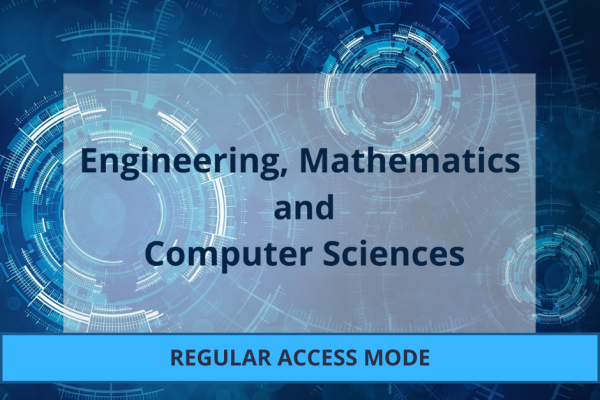
Deep reinforcement learning (DRL) has recently emerged as a novel approach to discover efficient control strategies for active flow control (AFC).

This project will establish fundamental physical design rules for defect-induced functional materials for energy conversion and energy-efficient electronics.